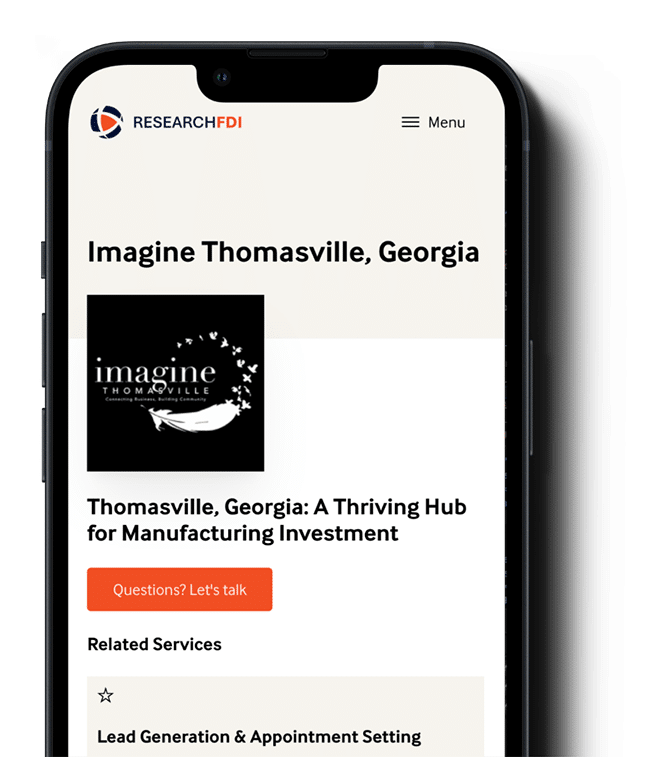In the first part of the article series; Tips and Strategies for Successfully Investing in the United States: Part 1, we examined the first of six main tips and strategies for a successful expansion into the United States.
- Put a “Local Face” to Your Business
- Invest in Top Accountants and Lawyers in BOTH Countries, and Site Selectors
- Start Slow and Grow in Stages – Don’t Rush to Incorporate
In this second part, we will be examining the remainder following topics:
- Do Your Homework: Keep Abreast of Differing Standards and Regulations
- Location, Location, Location
- Seek the Assistance of Key Stakeholders and Government Resources
4. Do Your Homework: Keep Abreast of Differing Standards and Regulations
One cannot underestimate the impact of even the smallest standard and regulation on whether an expansion into a foreign market will be successful or not. It is extremely important to have done your homework in this area to avoid unnecessary surprises and make sure your products are in compliance with local market laws. Very often, your product might need to be modified slightly to meet local standards. In the best-case scenario, these changes could simply be to add a foreign language to any labeling, user instruction manual or product warranty information. In the worst-case scenario, differing regulations can render your product completely blocked from the market unless you make production changes to it. In this scenario, you will need to price-out the costs of modifying your product for this new market. Additionally, you will want to make sure that you have employees that can monitor any new developments in standards and regulations in the foreign market. Stay nimble and open to tailoring your product and solutions as the regulations in various markets change.
5. Location, Location, Location
You will want to look at many factors to determine the best location for expanding your business – whether it is a sales office or a full-fledged manufacturing operation. While it is beyond the scope of this article to go into detail on what all these factors should be – stay tuned! – you will most certainly want to get these top ones right.
- Proximity to your target market
- Proximity to major infrastructures for getting your product distributed and to market country-wide in the most efficient way possible (time and budget wise)
- Proximity to suppliers
- Availability of qualified manpower
- State financial incentives
While many states offer great monetary incentives, they should never be the only, nor the major, consideration when deciding upon location.
A quick word on location for those seeking to invest in the United States in particular. The U.S. is a very large country whose dynamic market offers a plethora of possibilities. If you are unsure of where to start, it is recommended that you pick a location based on some of the criteria listed above, and first grow your business in that immediate region. Don’t try to sell to the whole country at once unless you have distribution channels already open to this. Moreover, tastes and customer behaviors vary greatly depending on the U.S.’ sub-regional culture and its impact on the product/service you offer. Also, there are varying local, county and state taxes. So, don’t bite off more than you can chew.
6. Seek the Assistance of Key Stakeholders and Government Resources
Lastly, you will want to have every resource available to you as you embark on your business expansion journey. Have you thought about calling on your government’s Embassy in the foreign market you wish to invest in? Many Embassies around the world have dedicated offices to help assist commercial flows between countries. While the extent to which they can help and the type of services they provide will vary, you will nevertheless want to take advantage of every possible resource and program available. Many of these Embassies can deliver services for free or charge a small, nominal fee. In addition to market knowledge, they have established networks that can be immensely helpful, including knowledge of local trade shows, regulations, and multiplier organizations such as Chambers of Commerce. Chambers of Commerce are a key stakeholder that can be extremely helpful organizations as these can help you identify local contacts that could be very useful – not only potential sales targets, but also local service professionals such as accountants and lawyers.
More from ResearchFDI:




